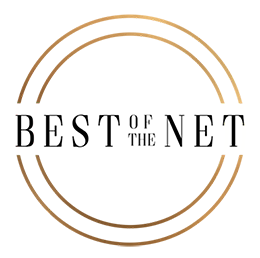my mouth shapes into an empty amen—
like the last prayer stuck in my throat at my brother’s wake.
in another version, i shape the poem into a [ ]
& enjamb through it towards my brother.
towards F. towards a comma. towards a full
stop. there’s a lot to behold at the opening of a wound wor[l]d.
10 am. i sit in a café – 6.4314° N, 3.4203° E
& text my father in my mother tongue.
in Yorùbá, the word for grief & loss only differs with their diacritical marks.
say grief òfò / say loss: òfò
tell me what incantation [ òfò ] could bring back all my dead.
o wounded poem.
look/ words are shapeshifters & they can morph
into different meanings depending on the tone.
in a dream, i’m back to the park searching for you.
& there you are, with the other kids playing tag. i try to reach you
but i can’t. all i hear is a white noise & /
something i’m yet to grasp fully.
this makes no sense.
because this is confessional.
because i’m fluent in my father tongue
& spilling into another language.
because i’ve been swimming through phases only to find
my root’s in my mother’s ancestral hut.
there is a scar on my left arm that reminds me of F. in our language,
scar is àpá / arm is apá.
the scar, the size of a tonal mark, a memory.
the truth is/ i blame myself for letting you go play in the park.
bitter truth: i should not [but i did]. the truth is/ my mother still tongues
your name at night/
but no language can translate you back to life.
remember there’s a lot to be–
hold at the sight of a bullet wound. remember
there’s a lot to hold at the sight of a bullet wound.
look. sometimes i walk
backwards/ with the hope to un-earth you/
un-funerate you/ write life back into the verse of your body.
because God understands every language.
every sign & symbol. every sigh—
because death is a door & the threshold is everywhere.
& they walk right through it.
—Sodïq Oyèkànmí (Longleaf Review)
